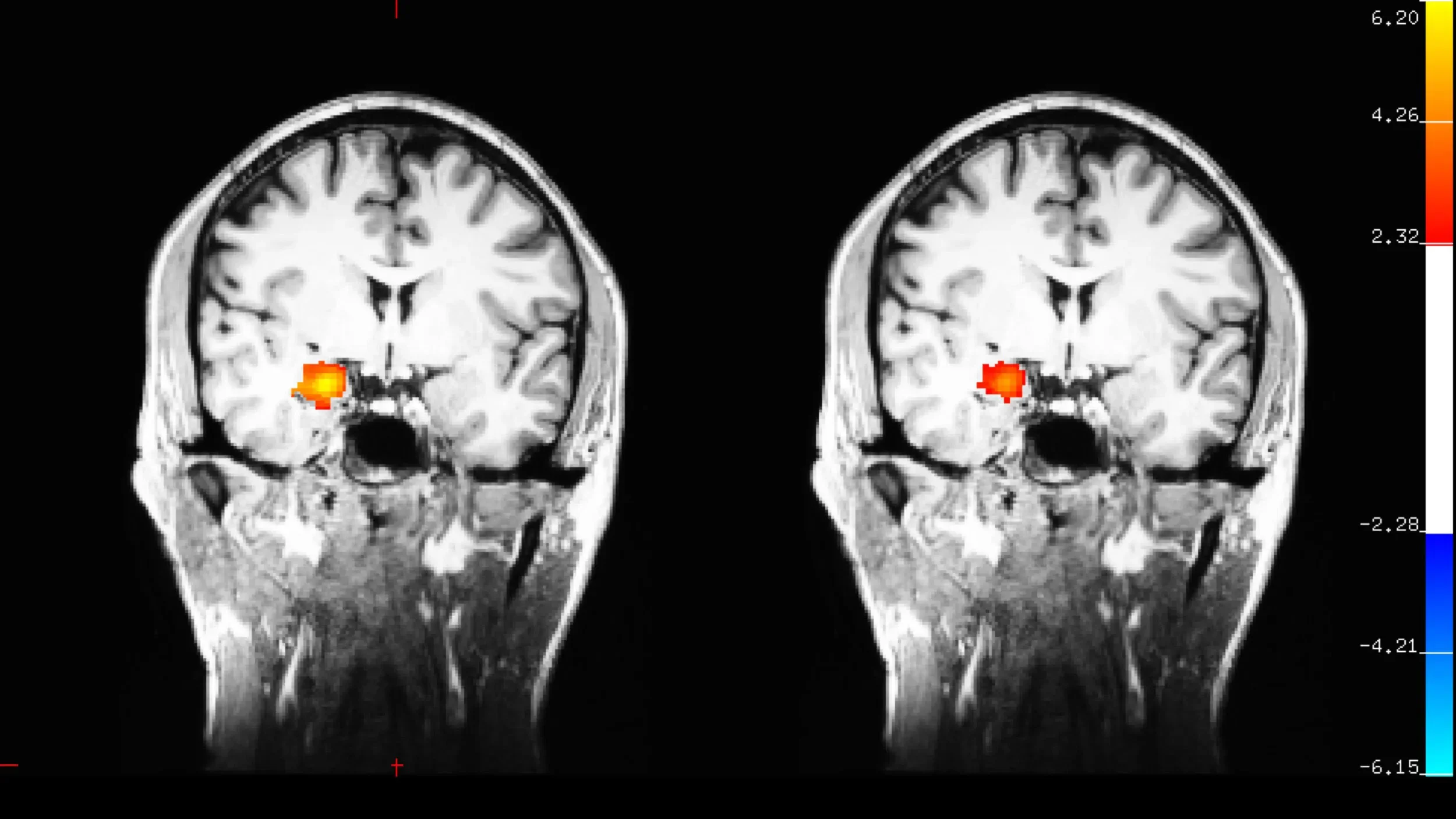
THE SCIENCE BEHIND MINDFULNESS
Learn more about each of your Presence Over Perfection Practices
-

The science of breath
How does deep breathing help to regulate our nervous system? Why do deep breaths make you feel more calm? In this expert video from The Wake Up, we learn about the science behind breathing and how our breaths impact the brain and body, from neuroscience researcher Dr. Yewande Pearce.
-

Nadi Shodhana ANB
Did you know that throughout the day your body swaps which nostril you are mostly breathing through? Right? Why is this? And what happens when we use that secret to regulate our autonomic nervous system balance? Find out here…Join Dr. Shaelyn McLain for part one of her series on the science of breathing. This practice touches on the importance of nostril breathing and its influence on our health. Together, we explore the science and practice a meditation specifically designed to engage alternate nostril breathing to restore balance in the body.
-

Body Scans
Body scans are everywhere! But usually they are a relaxing practice. So why are we whizzing through the body? Here’s a couple of helpful articles on what these scans do, and why I chose the 61 point scan to help beginners focus and feel.
-

Why body scans are a key stage of mindfulness
While mindfulness can take many forms, body scan meditation has a somatic, or body-based, focus. This makes it especially helpful when you:
Feel emotionally overwhelmed or dissociated
Are managing physical discomfort
Need something more tangible than focusing on the breath or a mantra
In contrast to breath awareness or open monitoring (observing thoughts as they arise), body scan gently anchors you in the present moment through slow, steady attention to physical sensations. It's a foundational practice, particularly useful for anyone exploring meditation for beginners.
-

Loving Kindness and Compassion Meditation
Why is self-compassion so challenging? Loving-Kindness Meditation (LKM) is a powerful practice that rewires the brain for emotional balance, reduces stress, and strengthens relationships. This video explores how LKM increases empathy, boosts oxytocin, lowers cortisol, and weakens self-criticism. Learn how to start a simple practice to break negative thought patterns and build resilience.
-

The Geek Squad
For some of you, the science of mindfulness might be really interesting. I have THOUSANDS of research papers on mindfulness and rather than bore you all to death, I’ve attached a link to a dropbox folder of a selected few key papers. Please take a look if you’re that way inclined. The Presence Over Perfection course is grounded in 4 years of scientific academic research, So hopefully some of you will be as geeky as me……
